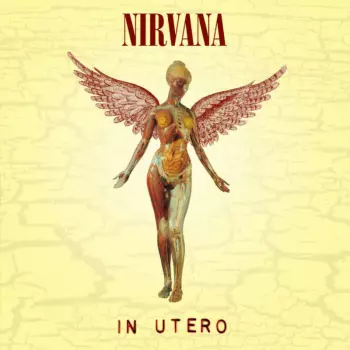Dirty Work - CD, LP
LP The Rolling Stones: Dirty Work
180g Remastered Half Speed Master Vinyl
Rolling Stones Records
26. júna 2020
Európa a USA
The Rolling Stones' eighteenth studio album was released in 1986 and was recorded under the most difficult conditions possible. It's a wonder it was ever made. Less surprisingly, it is a superbly crafted set of songs that once again proved the Stones' critics wrong. Few albums are made under circumstances as difficult as those that accompanied D...
Stav
Nové
Dostupnosť
Expedícia dnes
Cena
30,99 €
Dostupnosť
Expedícia dnes
Podrobnosti
| Názov | Dirty Work |
| Interpret | The Rolling Stones |
| Viac informácií | 180g Remastered Half Speed Master Vinyl |
| Formát | LP (vinyl) |
| Vydavateľstvo | Rolling Stones Records |
| Krajina vydania | Európa a USA |
| Dátum vydania | 26. júna 2020 |
| Prvé vydanie | 1986 |
| Hmotnosť | 230 g |
| EAN | 0602508773280 |
| ID produktu | 9815 |
| Identifikátor Discogs | 15535665 |
| Recenzie na portáli Discogs |
4.37
|
The Rolling Stones' eighteenth studio album was released in 1986 and was recorded under the most difficult conditions possible. It's a wonder it was ever made. Less surprisingly, it is a superbly crafted set of songs that once again proved the Stones' critics wrong. Few albums are made under circumstances as difficult as those that accompanied Dirty Work. To begin with, following the release of She's The Boss, Mick's first solo album less than a year earlier, the creation of which Keith initially considered an act of grave betrayal, Mick and Keith's relationship was under severe strain. Mick then played a solo set at Live Aid while Keith and Ronnie played with Bob Dylan. There was a major, major rift between the two main components of the band's musical and emotional engine. For another, both Charlie and Ronnie were struggling with personal issues, Charlie's a "middle-age thing" and Ronnie's a longer-term behavioral problem, both involving chemical dependencies, which meant that health and reliability issues were adding to the tension. Most traumatic of all, and a real tragedy, was the death of founding Rolling Stones member Ian Stewart from a heart attack in December before the album's release. He was just 47 years old. His sudden death hit the whole band hard and took away something that can't be replaced. Recording - which took place in Paris between April 8 and June 17 - was often split into two camps, with Jagger recording his vocals after the rest of the band had finished their parts. Sessions officially started around 9pm, but Keith and Ronnie would sometimes show up at 9am and then want to play all day and all night. Producer Steve Lilywhite said at the time: "I don't want to talk about it too much. It's very much Keith's album. He wrote the songs because of Mick's solo commitments". The proposed tour - which, according to contemporary reports, would have earned the band something in the region of $40 million - never materialized. Jagger sent everyone in the band an identical telex informing them that he would not be going on the tour. There was only one show at the 100 Club for friends and family. Charlie and Ronnie needed time to get their act together. Mick and Keith needed to be in touch again. Bill simply retreated to the south of France, only to appear from time to time on The Benny Hill Show. An article in the US magazine Spin - written by former NME journalist Nick Kent - wondered if it was all over, if "the world's worst and oldest rock 'n' roll band had run out of reasons to stay together". If the Rolling Stones were a patient, it's safe to say they'd be in intensive care at this point, with all the machines measuring critical factors. How do you get past all these problems and make a record that everyone can get behind? Here the band was, facing nearly a quarter century of making great music and popular culture history, wondering what to do next. And no one really knew. Out of this totally unpromising situation came Dirty Work. Which goes something like this. And despite the mess it was born out of, it rolls like a boulder. One Hit (To The Body) is a propulsive rocker with strong backing vocals. The band may have been in crisis, but the middle section of the song, where it breaks down into Mick's vocals, Keith's guitar and Charlie's drums, still rattles with emotion - the feeling is still there so naturally.Fight takes it even further - the big, drawn-out chords and sharp, needle-like drums are totally eighties, but there's a fire underneath and it's the angry, buzzing wasp of a song: 'I want to do it in broad daylight,' Mick sings, 'I'm a truck, I'm suicidal...'. This is not a group of men wallowing in easy middle age. Hold Back is another fully committed, guttural roar of a track, Mick sounding mad and furious and right on the beat while the band hammer it hard. keith shares lead vocals on Too Rude with Jimmy Cliff and the track turns into a sweetly deep, dubbed out treat, while Mick's Winning Ugly is a shuffling, airy, synth driven track that rolls forward on Wyman's relentless bassline. "I was raised to cheat," he sings, "until the referee looks..." Back To Zero was co-written with keyboardist Chuck Leavell just days after Stu told him the best thing he could do with the infernal machine was "throw it in the ocean..." The title track is a brutally simple rocker, an example of a band that can pull the goods when they have to. Ronnie and Keith's guitars trade sparkling, sparkly lines as Charlie leans hard into his kit. Had It With You is computer delta-blues, a band in a box with a pulsating harmonica solo and some deliberately jaunty Beatlesque harmonies from the multi-voiced Jagger. Then there's Sleep Tonight, a deliciously blue country-rocker sung by Keith and Tom Waits, which rides a beautiful circular piano line and is suspended on the support of a rich gospel-tinged backing vocal. It's a wonderfully powerful song. So this is not the album you think it is, let alone the album you've been told it is. "Yes, the relationships were terrible," Mick said some time later. "The health was diabolical. The rest of the Stones couldn't cross the Champs Elysees, let alone go on tour..." And yet through it all they kept pulling together, kept moving, kept adding another chapter to the story. As the Rolling Stones entered their twenty-fifth year, they were still a mighty, mighty force. (rollingstones.com)
Album zasahuje do žánrov Rock, Reggae, Pop Rock, Hard Rock, Rhythm & Blues, Classic Rock a Funk. 180g Remastered Half Speed Master Vinyl.
The Rolling Stones
Naše recenzie:
U nás nájdete všetko!
Cez
189 000
LP a
332 000
CD
v ponuke
Vernostná zľava až 5%
Pre registrovaných zákazníkov
Majte prehľad!
Najpokročilejšie sledovanie
dostupnosti a objednávok
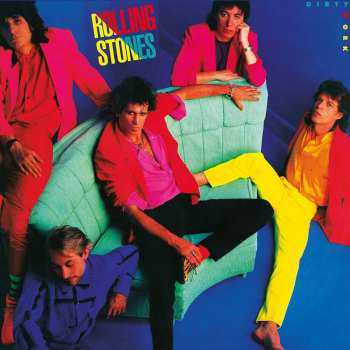
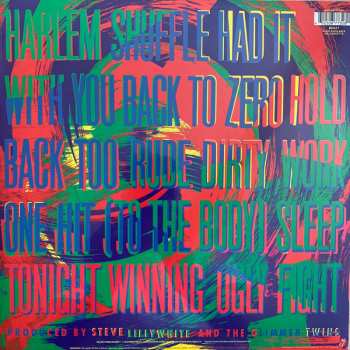














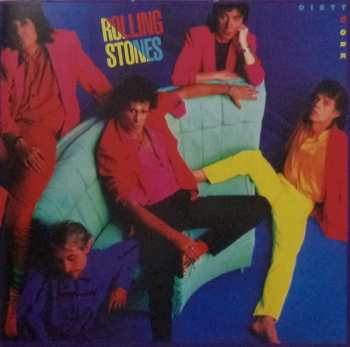
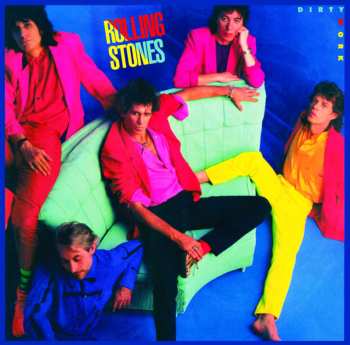
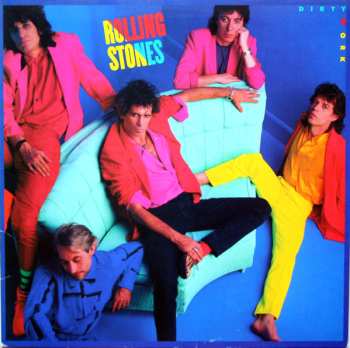

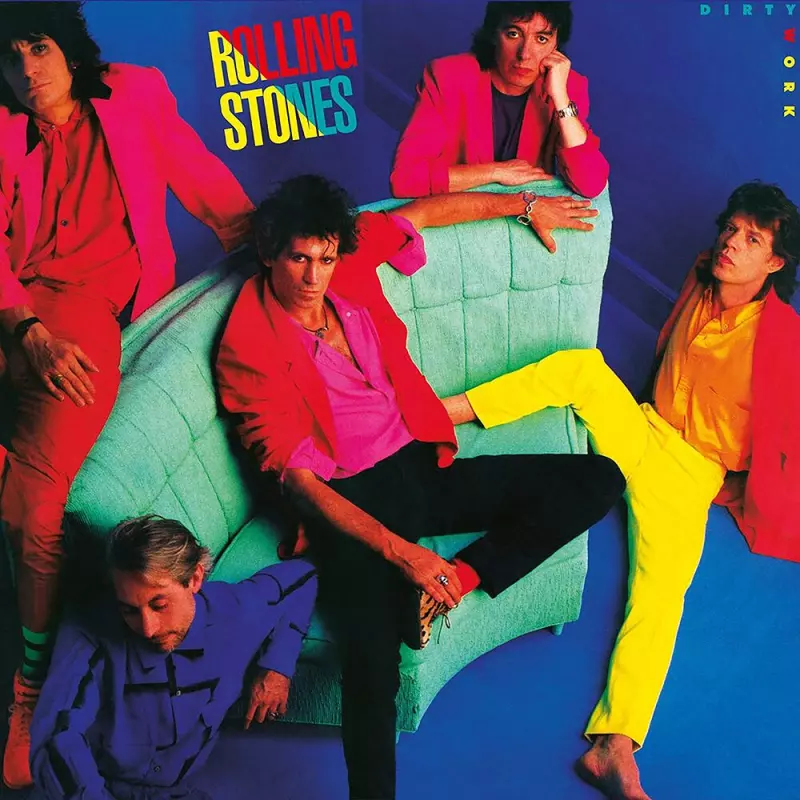
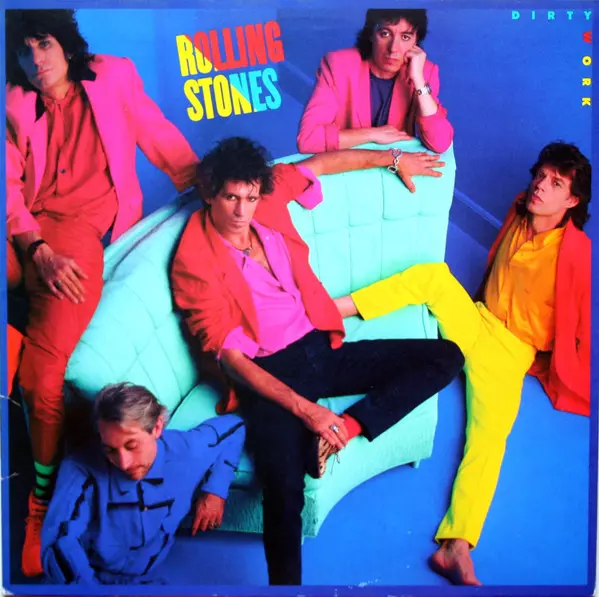
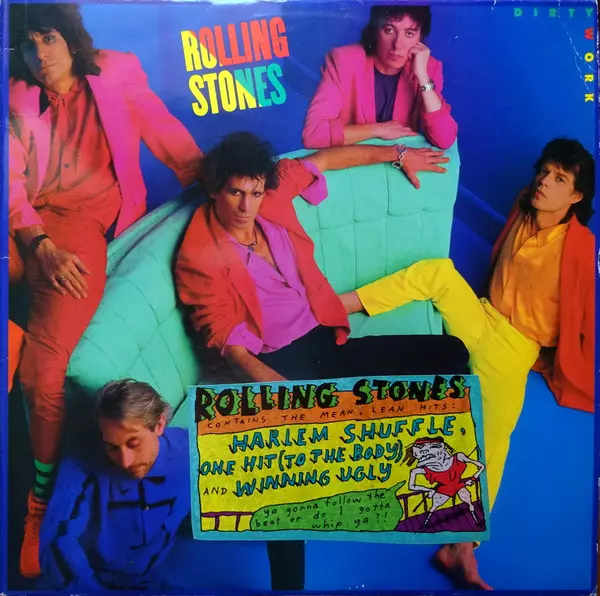
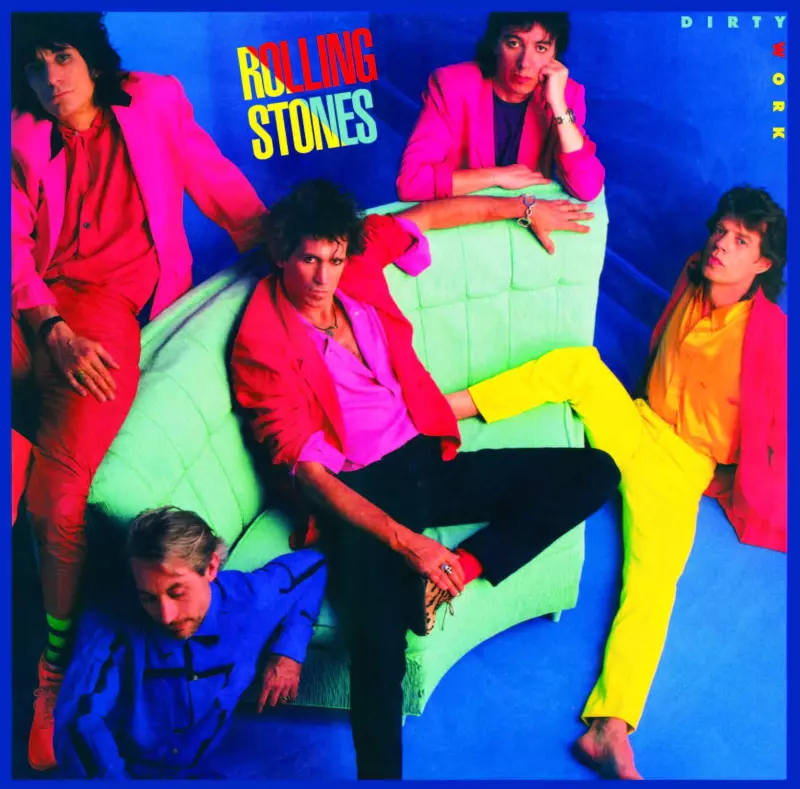
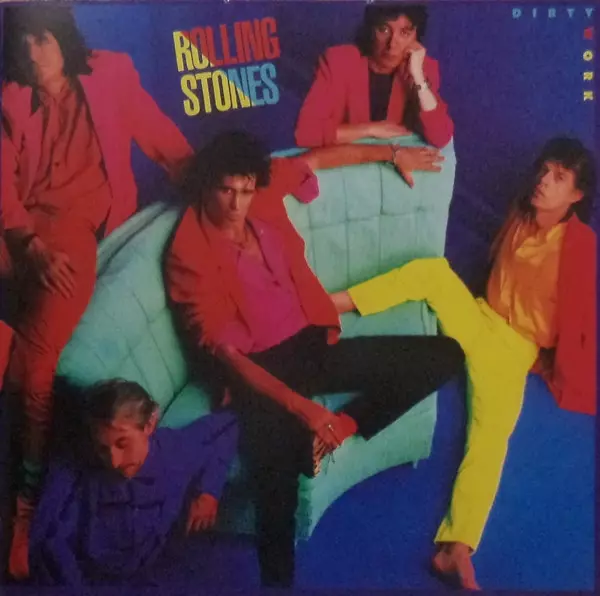






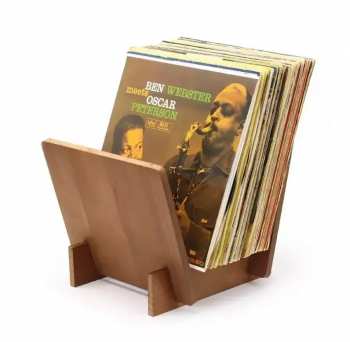
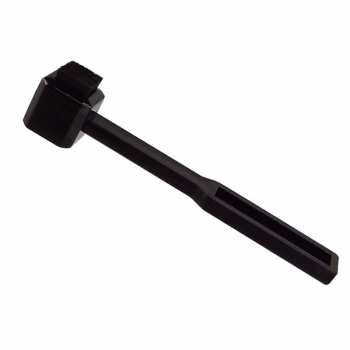



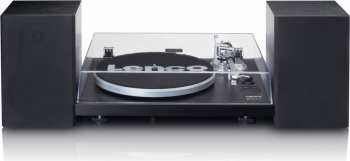
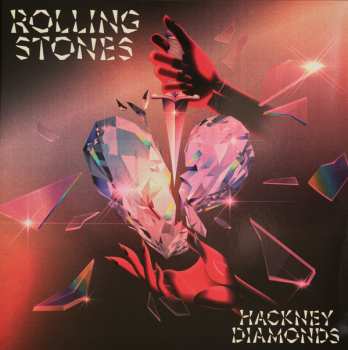


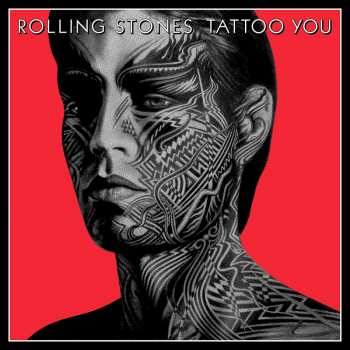
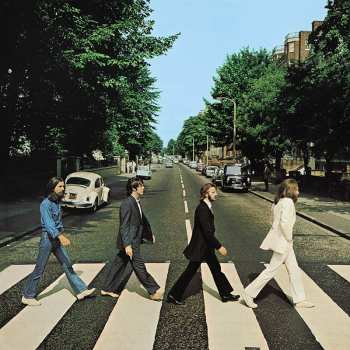

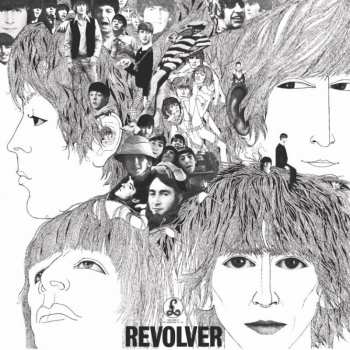

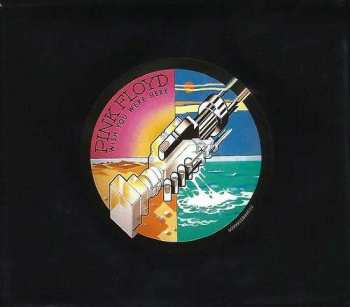
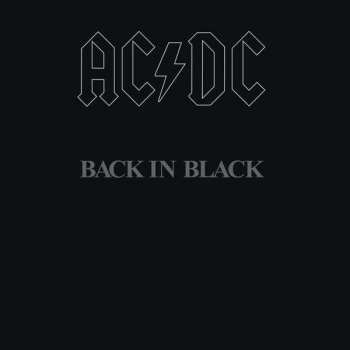
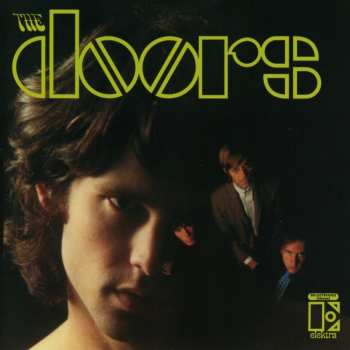
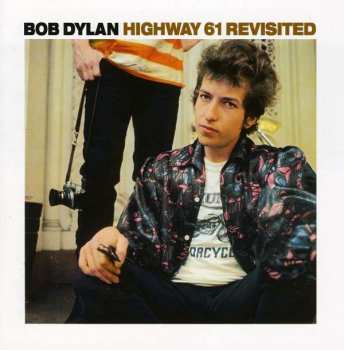
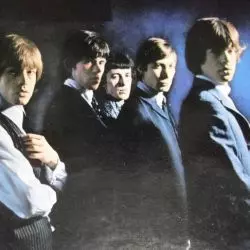

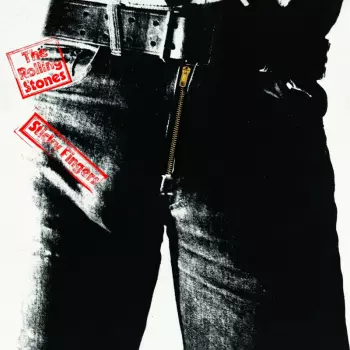

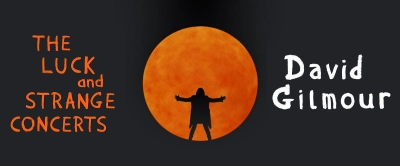

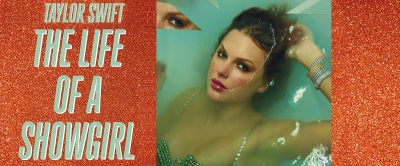
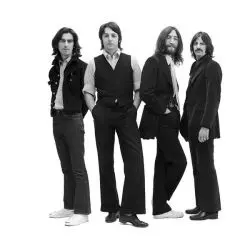 The Beatles
The Beatles
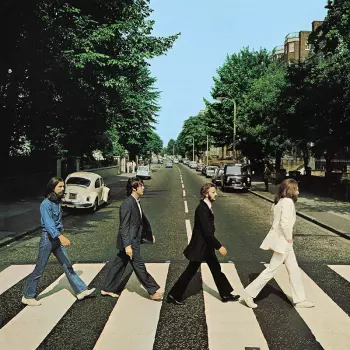
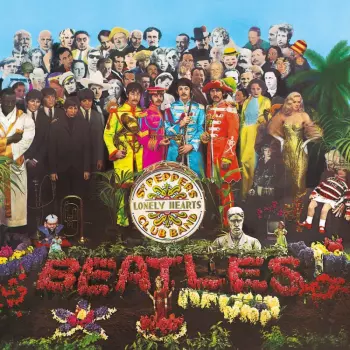
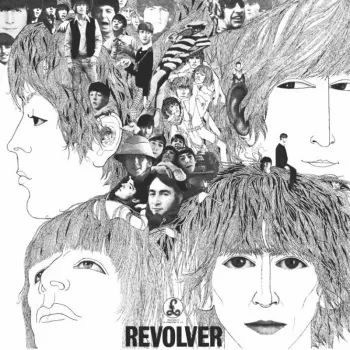
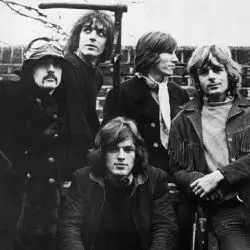 Pink Floyd
Pink Floyd
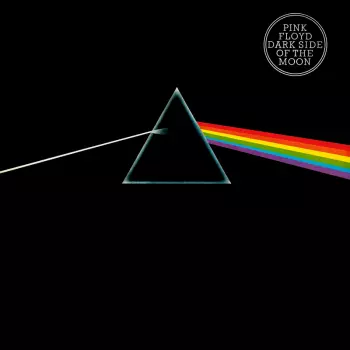
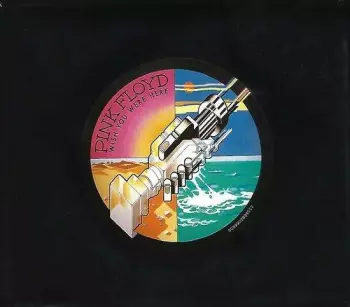

 AC/DC
AC/DC

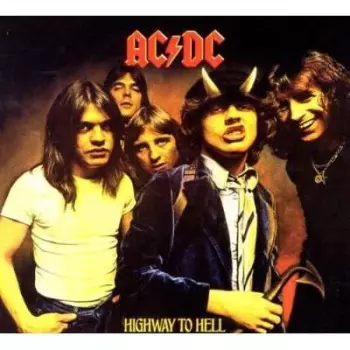
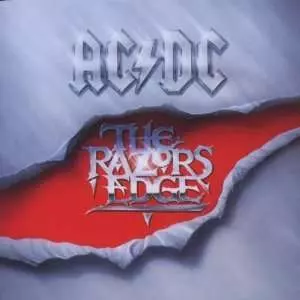
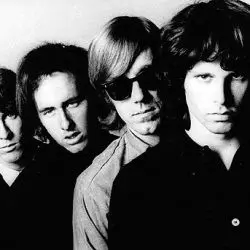 The Doors
The Doors
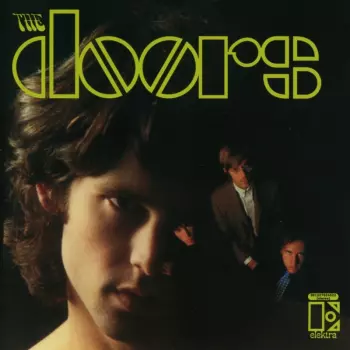
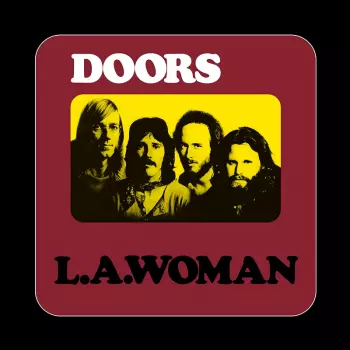
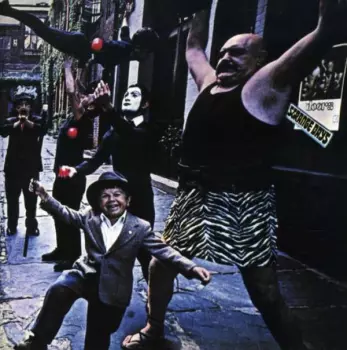
 Bob Dylan
Bob Dylan
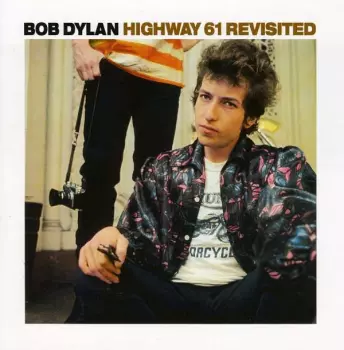
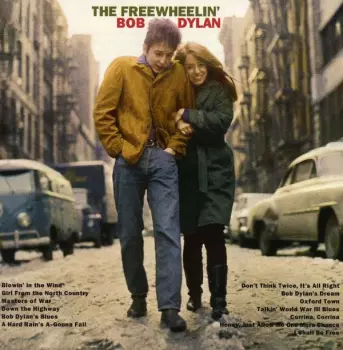
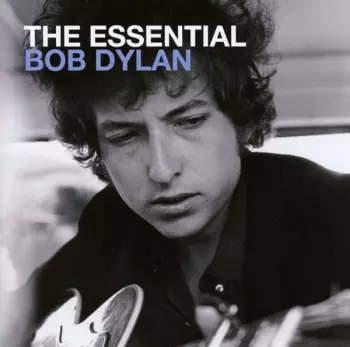
 Nirvana
Nirvana


